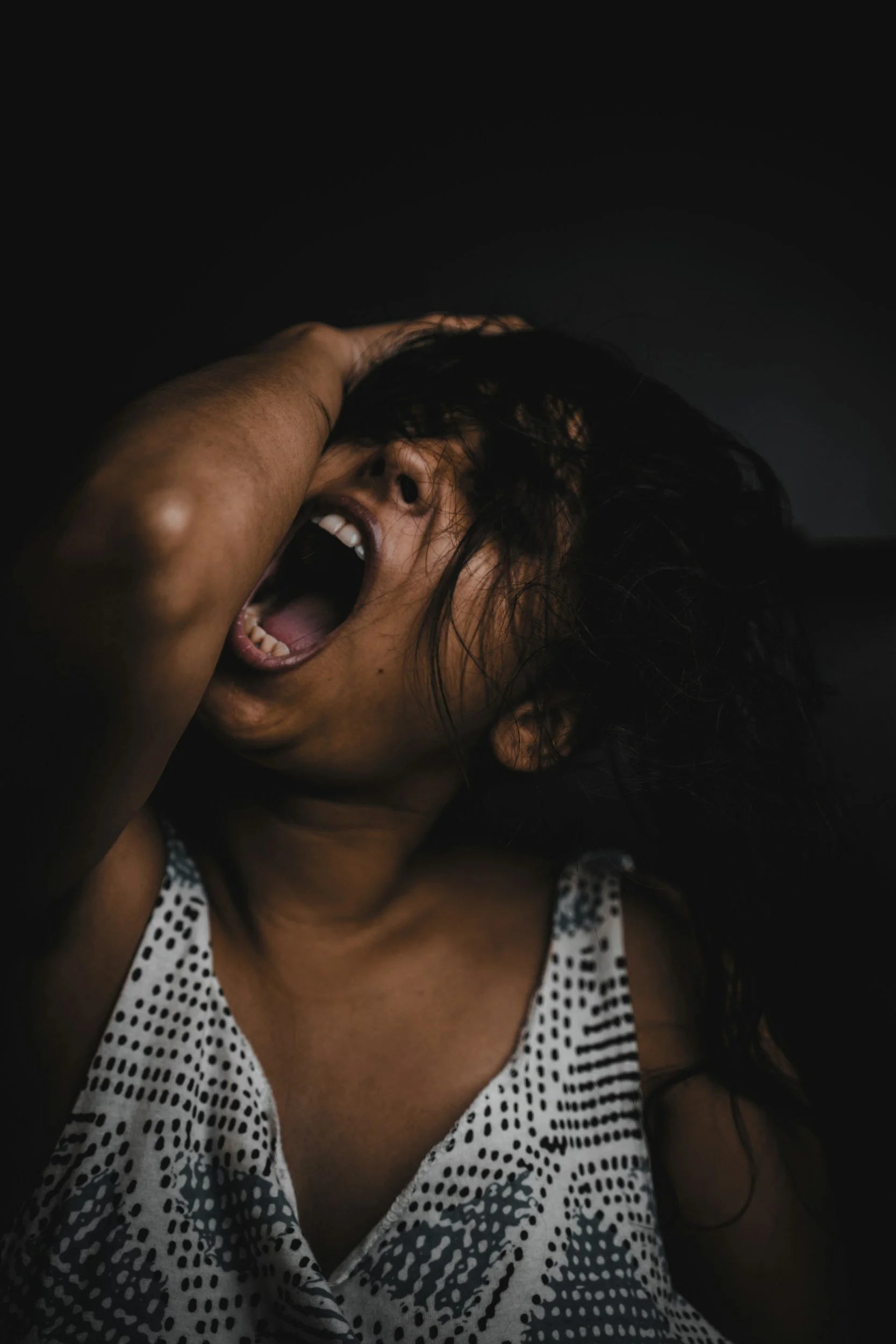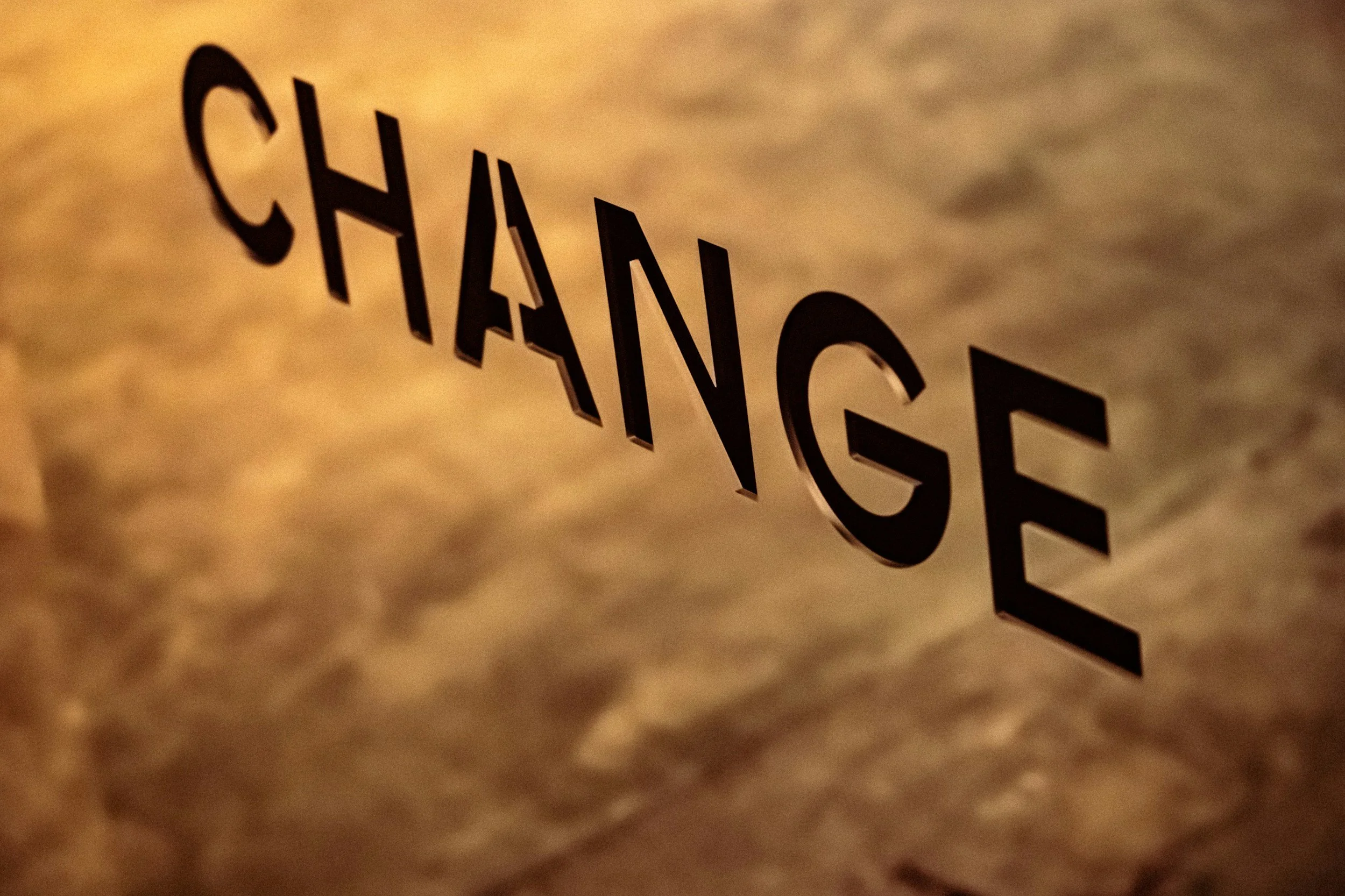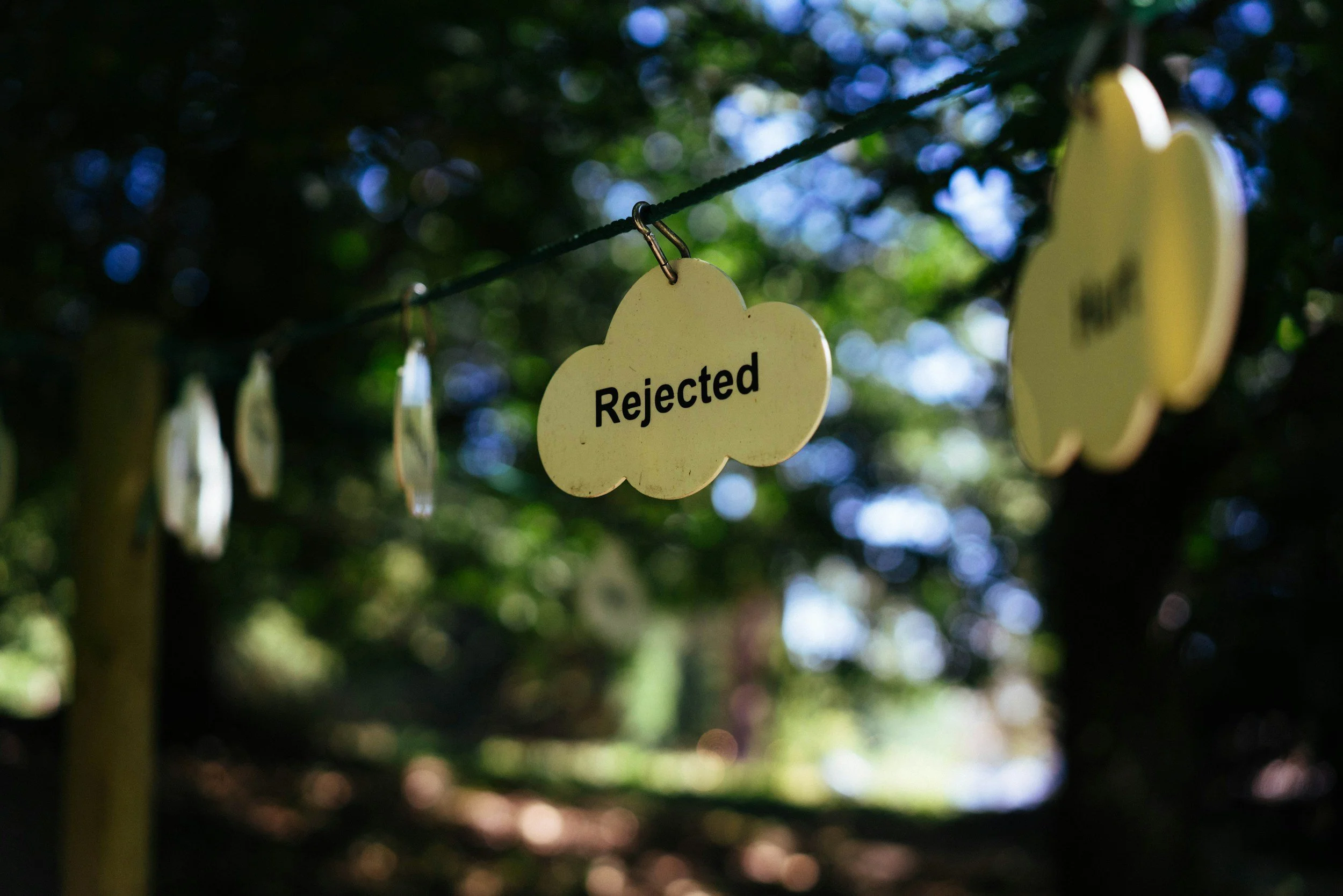Schmiegel’s Toes & Bad Vibes: A Case Study

Hey y’all, I know it’s been a minute since our last moment, but I hope I left you with enough love and content while I was away. Life was life’n, in the most positive way - if I do say so myself. In the real world your girl, that would be me, has taken the next step in her planned working-life journey. Damn, that was a lot, I say all that to say - I am proud of holding myself accountable and thankful for my village.
Let’s jump right on in.
Last Saturday I was getting my nails done — the vibes were normal, good, chill, exactly how you’d want a nail shop Saturday to feel. It was also Labor Day weekend, so the place was busy: techs buzzing, chairs filled, conversations overlapping. I wanted both, a pedi and a gel fill-in, I was halfway lost in the massage chair when a USPS carrier walked in for a pedicure. Pretty at first glance, uniform still on, you could tell she was either on the job or just finishing (but it was mid-day). Nothing out of the ordinary — until her energy hit the room like a bad storm, almost instantly you knew her mood was sour, too extra, and unnecessary.
“Can I get more hot WATER? I need it hotter! I been on my feet all day.”
Now listen, I can’t tell anyone how to feel. If your toes hurt, they hurt. But say it with me, class: it’s not what you say, it’s how you say it. How would the tech even know the state of her feet, but ok, let’s give her some grace maybe her route was shit. Side note, the tech was erring on the side of caution. I can not tell you how many times I’ve heard someone complain about the water being too hot, too many to count.
Her water was adjusted immediately — quick, no hesitation. She confirmed it was fine. But that was only the beginning. A young nail tech — someone I’ve watched grow from apprenticeship into her craft — started working on her pedicure. She wasn’t doing anything wrong, just removing polish with a Dremel. Midway through the second foot, here comes the storm again:
“Damn, be gentle — I’ve been on my feet all day! My toes are sensitive.”
Her words weren’t the issue; it was the tone. The bitterness seeped through. By now she was muttering under her breath, energy foul enough that I finally turned to clock her fully. Blue-blonde wig pulled into a ponytail under a hat, face marked with scars and craters, piercings done in a way that looked more punishment than adornment. I’m not here to tear down another woman’s appearance (because, I am far from perfect), but her pain was written all over her being, and she projected it in the only way she seemed to know: negatively.
She kept pushing. Complaints about nail shape. Threats to “get loud.” Shade thrown every other breath. Even when offered water she had something slick to say. And all the while, her toenails? Baby… Schmiegel’s teeth. Overgrown, downward-curved, unkempt. The kind of nails you should cut all the way down before daring anyone else to touch them (Ooo, do you remember that nail-shop episode from Martin?).
It escalated until the senior tech had to step in and finish the pedi just to save the younger tech from catching unnecessary smoke. Here’s where the real weight of the moment showed itself: the senior tech wasn’t free. She already had a client — a woman carefully choosing her perfect shade of pink polish, enjoying her own service, her own peace.
Suddenly, her appointment was disrupted. She had to pause her moment of care while her tech got pulled into someone else’s storm. To her credit, she was patient, even kind. She entertained the chaos long enough, she actually got up out of her seat and verbally and visually gave cues that she was waiting. She showed exemplified grace; more than I may have been able to. Her presence in the story matters, because it wasn’t just the nail techs who bore the brunt of that USPS carrier’s foul spirit — it was every client in the shop, even the ones who paid, tipped, scheduled, and showed up with good energy.
I remember locking eyes with her at one point. That knowing look between women, especially women of color, when someone is acting less than the standard. That silent understanding: we both see it, we both feel it, and we both know this ain’t it.
Energy Has History
That “look” I mentioned? It isn’t new. Black women have always been the ones forced to hold a certain standard in public — even when the world around us crumbles. From the hush glances our grandmothers exchanged in church when a child acted up, to the way we silently step in when a stranger’s behavior threatens peace, we carry the mantle of collective energy managers.
Sociologists call it emotional labor. I call it survival. We’ve been taught — sometimes by choice, often by force — to read a room, gauge its temperature, and adjust ourselves accordingly. And sometimes? That energy didn’t just shift a moment — it altered history.
I’m not comparing a nail shop meltdown to a movement, but I am recognizing the through-line: Black women’s energy has shifted the world.
Think about Rosa Parks. On the surface, it looked like a tired seamstress refusing to give up her seat. But the energy she carried — the refusal to be small, the calm that said “not today” — sparked the Montgomery Bus Boycott, one of the most pivotal movements of the 20th century, (honorable mention to Claudette Colvin, that’s a story for another day).
Think about Fannie Lou Hamer. Her voice and testimony at the 1964 Democratic National Convention cut through the lies of America, not because she had a microphone, but because her energy was undeniable. She turned her suffering into power, and that shifted hearts, minds, and policy.
Think about the millions of unnamed Black women — from Harriet Tubman reading spirituals as codes, to Ella Baker organizing behind the scenes, to our aunties in kitchens and beauty shops — who held space, read energy, and redirected the course of community survival.
The Sacredness of Our Spaces
And that’s what made this whole nail shop moment hit deeper for me. These places — nail shops, hair salons, barber shops — they aren’t just about upkeep or vanity. They’re sanctuaries. They’re places where we can laugh, cry, heal, plot, gossip, and even fake peace until real peace finds us. Hell, you can just stop in to shoot-the-shit, laugh, and build on community - you don’t always have to be getting a service (just don’t be a disruptor).
For Black folks, these spaces are sacred. They’re as much about therapy as they are about polish or edges. Our salons and shops are where we pass down stories, trade survival tips, and hold each other accountable. They’re our community hubs — where aunties and cousins, strangers and neighbors, all get a moment to be.
So when someone brings foul energy into a space like that, it doesn’t just feel annoying — it feels like a violation. Because this is one of the few places where we’re supposed to exhale. Where we’re supposed to feel safe. Where the world’s weight gets a little lighter, even if just for a couple of hours.
And for the senior tech’s client — the one who had her peaceful moment hijacked by someone else’s storm? She becomes part of this story too. She represents all of us who just want our sacred slice of peace, and instead end up navigating someone else’s bad energy.
No One Likes Us, Everyone Loves Us
Here’s the truth: Black women endure more than most. From within our own community, from outside of it, from every angle. Nobody likes us — not really. Yet everybody loves us. Our style, our slang, our bodies, our hair, our culture, our strength. They want it, they take it, they sell it back to us, but rarely do they like us enough to honor us, respect us, or follow our lead without resistance.
And still, we lead. We redirect. We shift energy in rooms big and small. Because that’s what we’ve always done.
And here’s the thing: you can walk into any room tired, bruised, worn down from life. We’ve all been there. But if you carry yourself like a walking storm cloud, no amount of polish — pink, red, or otherwise — is going to fix it. Your energy walks in before you do.
I left that shop thinking less about her words and more about what happens when we let pain eat us alive until it pours out on everybody else. She didn’t just bring her feet in there — she brought her anger, her sorrow, her venom, and made it everyone else’s problem.
So, what’s the point of this story? Maybe nothing. Maybe everything. Maybe it’s just my reminder to you — and myself — to check the energy you bring into the room. Because baby, you could look like a goddess on the outside, but if your spirit reads foul? It shows. Always.
Real talk: What’s the wildest energy you’ve had to sit next to in public? Drop it in the comments — let’s swap stories.
A note:
To my sisters — you already know the assignment. We don’t just walk into rooms; we hold them. With our silence. With our glances. With the weight of our sighs. With the unshakable presence that says, if I don’t steady this space, who will? We bend ourselves damn near in half to keep peace in places that were never designed to protect us. Nail shops, salons, kitchens, pews, barbershops — these are our sanctuaries. Our refuge. Our small slices of survival. And yet, even here, in the places where we’re supposed to exhale, we end up managing chaos we didn’t summon, didn’t earn, and sure as hell didn’t deserve.
To everyone else: choke on that. Gag on the reality that Black women are expected to patch holes in this sinking social experiment while you sip from cups we poured. You love our slang, our curves, our rhythm, our magic — but you don’t love us. You drain us, mock us, copy us, profit off us, and still side-eye us when we demand peace. And the cruelest part? We’ll still deliver it. We’ll still gather your pieces and glue them back together while our own nails dry.
Understand this: energy shifts history. It always has. Rosa’s refusal was energy. Fannie Lou’s testimony was energy. The whispering safety of kitchen braids, the sanctuary of salons, the laughter and strategy sessions that bubbled up under hairdryers — all energy. All survival. All revolution.
So check yourself the next time you enter a room. Are you bringing light, or are you dragging in thunderclouds? Because trust, Black women will feel it before you even open your mouth. And we’re done babysitting bad energy.





